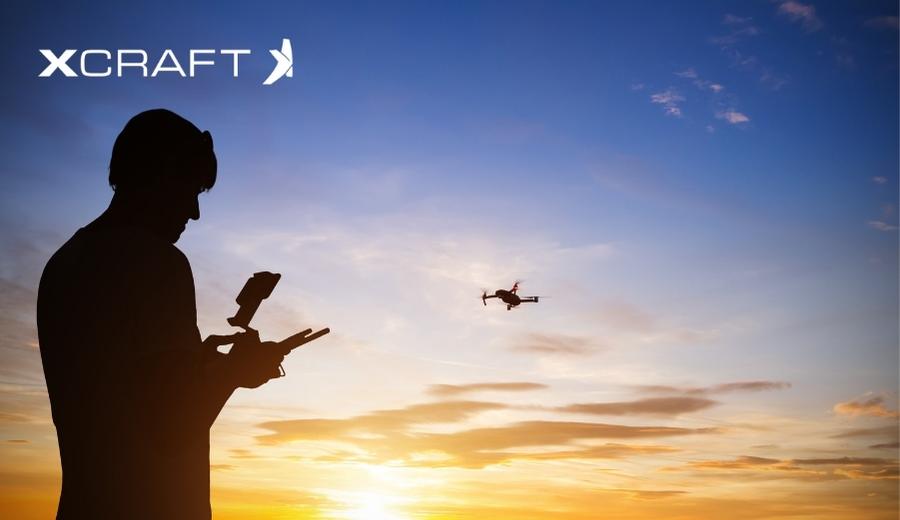Flying drones is an enjoyable recreational activity, but what if you have higher aspirations for your unmanned aerial vehicle (UAV) use?
Although drones are commonly used in various industries such as defense and surveying, numerous other industries now recognize that drones can have important commercial applications.
As drone use has increased, the government has recognized that some form of regulation is necessary to prevent the accidents and collisions that are sure to arise if the field is unregulated. Consequently, if you intend to use your pilotless aircraft commercially, you need to be aware of the laws that apply.
Remote Pilot Certification
To legally fly your drone for commercial purposes, you need a Remote Pilot Certificate. The Federal Aviation Administration (FAA) mandates that drone operators pass a written test before operating a pilotless aircraft for non-recreational purposes. These regulations, found in Part 107 of the FAA guidelines, cover all the rules that certified remote pilots need to know in order to legally use their drones for business purposes.
FAA regulations apply to all commercial UAV pilots operating within the United States, and each country has its own standards. Additionally, even recreational drone operators are subject to certain FAA regulations, and should consider completing UAV training to ensure they can fly their drones safely.
What Qualifies as Commercial Use?
The answer is pretty straightforward: if you fly your drone with the intended purpose of making money, that is commercial use. Even if you only use your drone for advertising, that counts, and you will need a Remote Pilot Certificate.
Certification Requirements
To test for your Remote Pilot Certification, you first need to meet some basic requirements: you must be at least 16 years old and able to speak, write, and read English. You must also be physically and mentally capable of piloting a drone.
The test consists of 60 written questions, similar to a driver’s license written exam. And unless you are already familiar with FAA airspace regulations, you will find that it requires some dedicated studying. Before you take the test, it is wise to complete an online test-prep program or a hands-on training class to ensure you are entirely comfortable with the material.
Industries Using Drones Commercially
Agriculture
The agricultural industry has numerous uses for drones. Drones allow you to assess the health of your crops without physically traveling to their location. They can also give you a birds-eye-view of terrain and soil condition. Whether you need to monitor your property for security purposes or spray insecticide over a large area, a drone can make the job easier.
Surveying and Mapping
It wasn’t too long ago that surveying required trekking long distances with a team of surveyors outfitted with GPS, maps, and measuring systems. Now, drones allow surveyors to cover ground significantly faster than is possible on foot or even in a vehicle. Drones also allow surveyors to reach areas previously considered inaccessible.
E-Commerce
Companies are discovering that drones are an efficient alternative shipping method. Delivery drones can transport packages more quickly than traditional options such as vehicles. They are economically practical, and drones with vertical take-off and landing (VTOL) capabilities can provide customers with precise door-step delivery, no matter their location.
Whatever commercial sector you work in, there’s an xCraft drone that can take your business to new heights. Contact xCraft today and see which model will work best for your specific needs.


